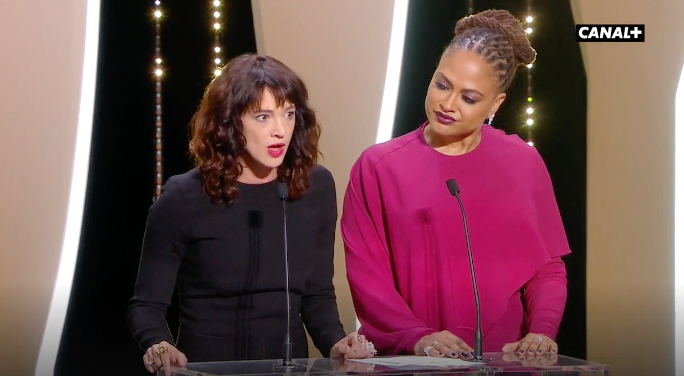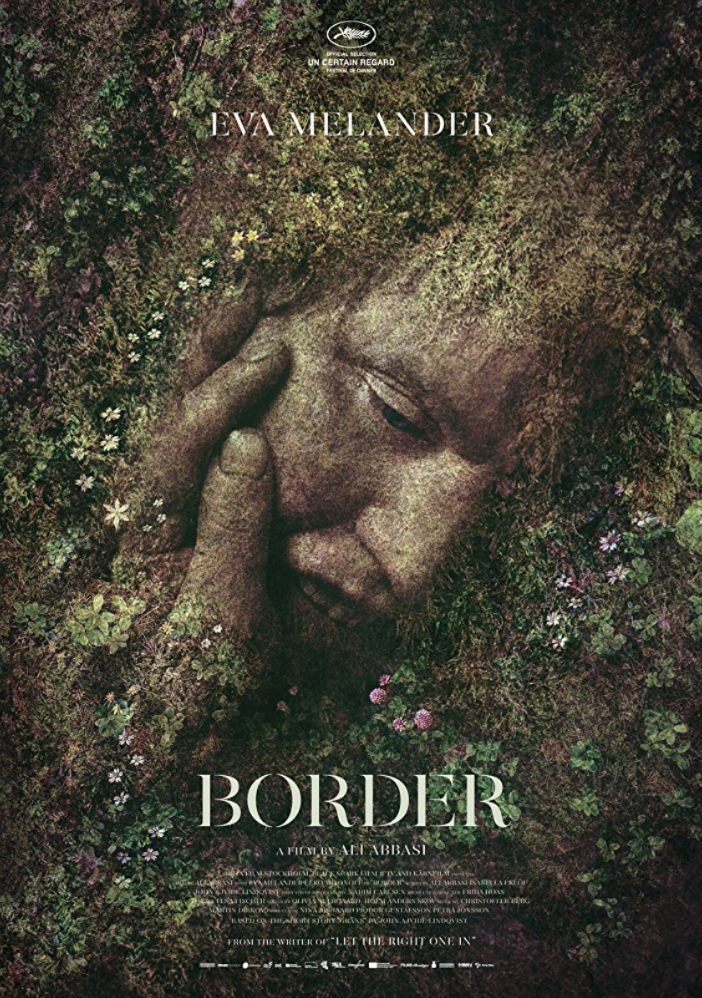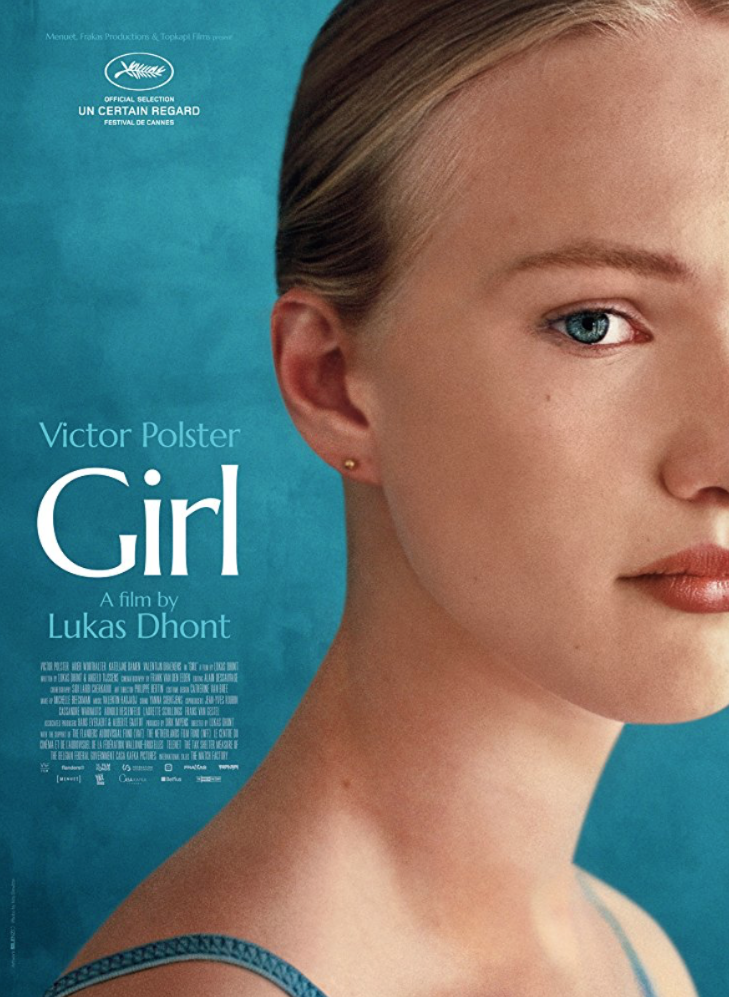What will Israel submit to the Oscars?
 Tuesday, June 26, 2018 at 5:00PM
Tuesday, June 26, 2018 at 5:00PM by Nathaniel
 Flawless, which is called "The Prom" at home stars Stav Strashko (the one behind the wheel) who is a trans actress
Flawless, which is called "The Prom" at home stars Stav Strashko (the one behind the wheel) who is a trans actress
The Ophir nominations were recently announced in Israel and we thought we'd share their Best Picture nominees. The winner of the Ophir -- which will be announced September 6th -- is almost always submitted for the Oscar's Foreign Language Film category. There are two LGBTQ films in the mix this year. Thanks to our loyal Israeli reader Yonatan for alerting us to the nominees. They're after the jump along with some stats about Israel's history with the Oscars and in US arthouse movie theaters...







